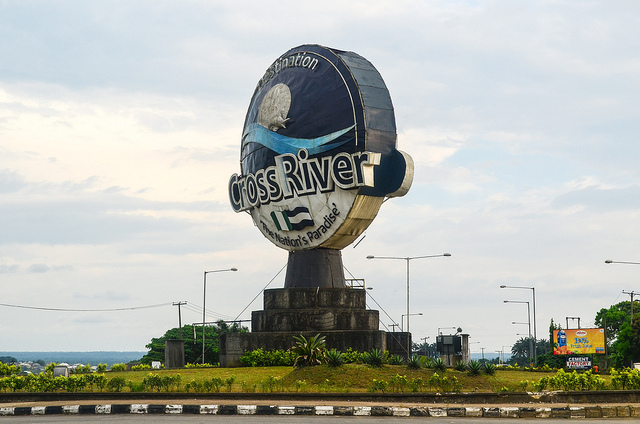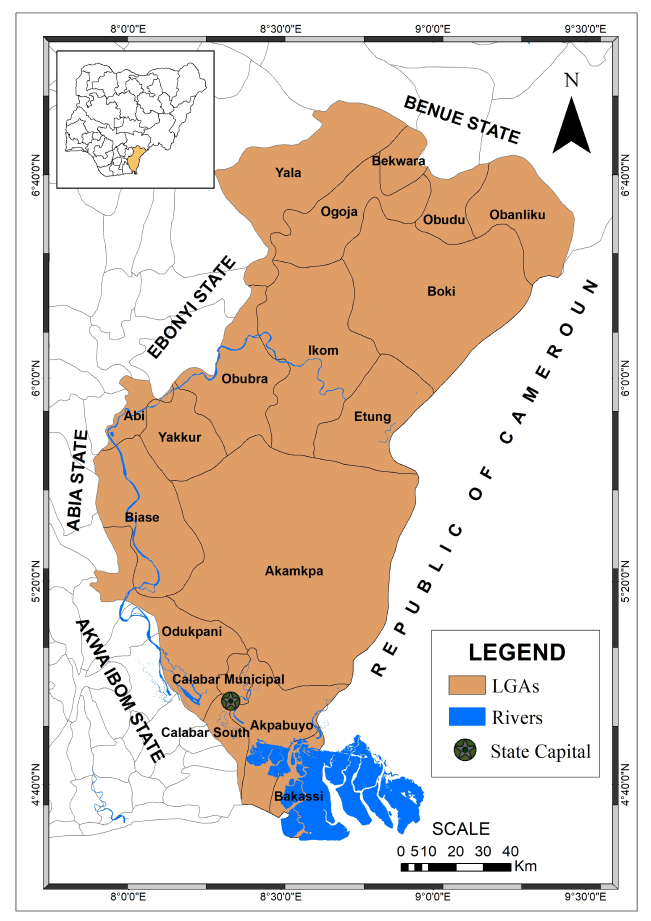Cross River State
States Dec 30, 2024 Last Modified:Jan 03, 2025

Table of Contents
Exploring the Rich History of Cross River State, Nigeria
Introduction

Cross River State, often referred to as the “People’s Paradise,” is one of Nigeria’s most culturally diverse and historically rich states. Located in the South-South geopolitical zone, it shares borders with Cameroon to the east and is home to a lush tropical climate, captivating landscapes, and a vibrant cultural heritage.
Historical Background
Cross River State was created on May 27, 1967, as part of the Eastern Region during Nigeria’s political restructuring. Initially known as the South-Eastern State, it was renamed Cross River State in 1976, a name derived from the majestic Cross River that flows through the region. Its history, however, dates back much further.
The state was historically a hub for ancient civilizations, including the Ejagham and Efik people, known for their rich traditions, intricate artworks, and sophisticated socio-political systems. These indigenous groups played crucial roles in regional trade, especially during the transatlantic slave trade, where Calabar (now the state capital) was a major port.
Cultural Significance
The cultural tapestry of Cross River is woven with festivals, traditional dances, and culinary delights. The annual Calabar Carnival, often dubbed “Africa’s Biggest Street Party,” showcases the state’s unique cultural diversity, attracting tourists from across the globe.
Traditional ceremonies like the Ekpe Festival reflect the Efik people’s deep spiritual roots, while the Leboku Yam Festival celebrates the agrarian heritage of the Yakurr people.
Tourism and Natural Beauty
Cross River State is a treasure trove of natural wonders:
- Obudu Mountain Resort: Nestled in the highlands, this resort offers breathtaking views, a temperate climate, and adventure opportunities like cable car rides and hiking.
- Afi Mountain Wildlife Sanctuary: Home to endangered species such as gorillas and drill monkeys, this sanctuary is a conservation success story.
- Agbokim and Kwa Falls: These picturesque waterfalls are a testament to the state’s stunning geography.
- Cross River National Park: A biodiversity hotspot, the park houses rare flora and fauna, making it a paradise for ecotourism.
Economic Importance
Agriculture remains the backbone of Cross River’s economy, with cocoa, oil palm, and rubber being major cash crops. In recent years, efforts to boost tourism and industrialization have also taken center stage, with projects like the Calabar Free Trade Zone and the proposed Bakassi Deep Seaport.
Conclusion
Cross River State is a state of unparalleled beauty and cultural depth. From its historical significance as a trading hub to its present-day role as a tourism and cultural beacon, it stands out as a must-visit destination for anyone interested in Nigeria’s heritage.
